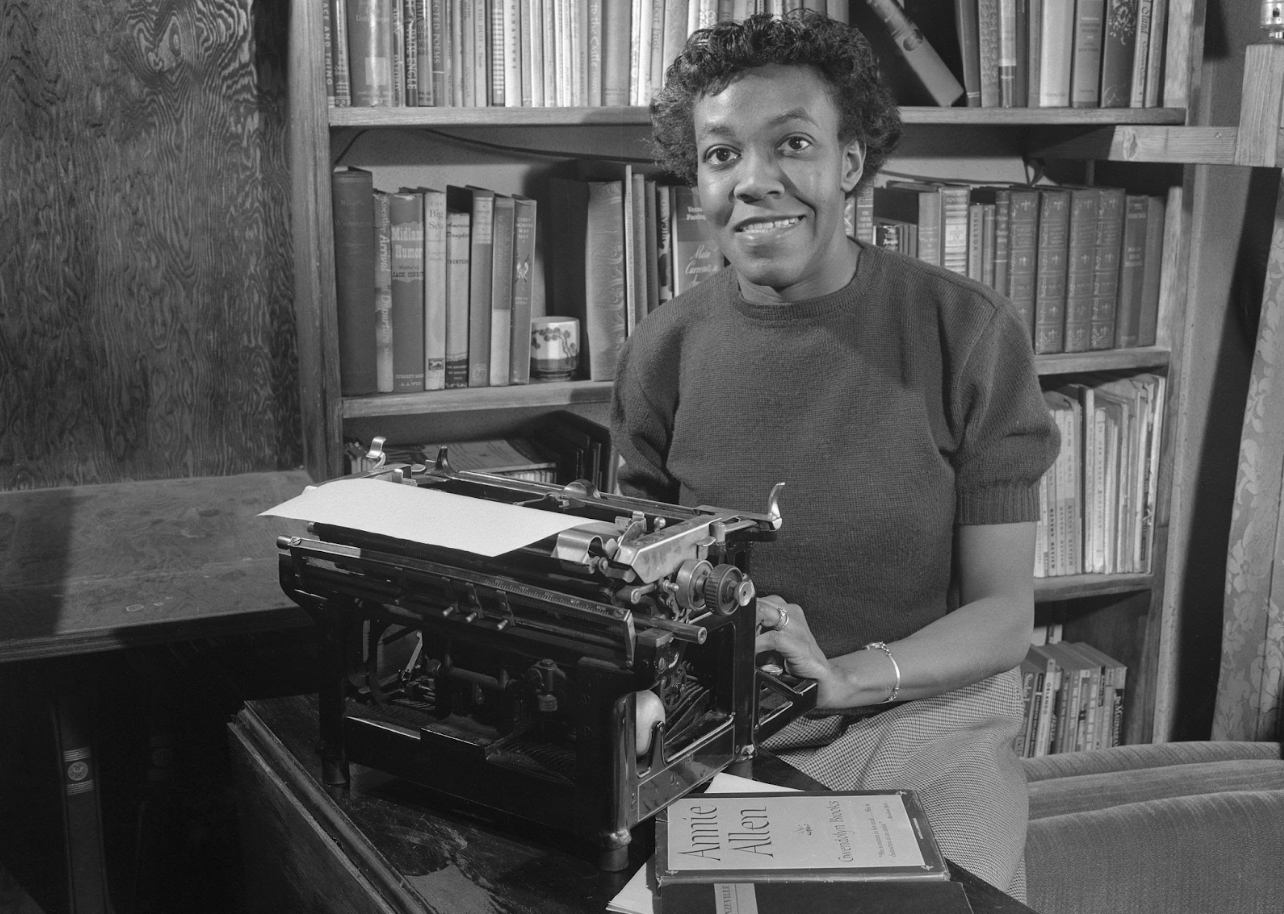Recent Posts
OPTIMA LAKEVIEW

It’s always a pleasure to talk about literary giants with Chicago roots who have had profound impacts on both local history and the broader literary world. It goes without saying that no conversation about Chicago greats could happen without exploring the life and work of the legendary Gwendolyn Brooks.
Born in Topeka in 1917, Brooks relocated to Chicago while still an infant. The city’s pulsating cultural heartbeat and intricate socio-political fabric soon formed the canvas for her poetic masterpieces. Behind her ambition stood her parents: her father, a janitor with dreams of becoming a doctor, and her mother, a schoolteacher and a classically trained pianist. Both supported Gwendolyn’s passion for reading and writing.
By the age of 13, Brooks had already marked her literary beginnings, publishing her first poem, “Eventide,” in American Childhood. Her poetic prowess grew from there, and by 17, she became a regular contributor to the Chicago Defender. After her time at junior college and a stint working for the National Association for the Advancement of Colored People (NAACP), Brooks further refined her craft in various poetry workshops and alongside Chicago literary peers, Richard Wright and Langston Hughes. This diligent nurturing of her talent culminated in her first poetic collection, A Street in Bronzeville, in 1945.
Brooks’s identity as an influential African American poet, author, and educator is underscored by her portrayal of the day-to-day challenges faced by African Americans. Her poetry and prose traversed a spectrum of themes – from intimate personal experiences to the African American quest for justice and recognition.
Gwendolyn’s vast literary repository boasts significant works. A Street in Bronzeville (1945) offers insights into urban Black life in Chicago. Annie Allen (1949) is a poignant exploration of a young Black girl’s journey to womanhood, and it also made Brooks the first Black poet to win the Pulitzer Prize in 1950. Maud Martha (1953), her only novel, depicts the complexities of prejudice from both white people and lighter-skinned African Americans. In 1960, she wrote The Bean Eaters, showcasing her evolving poetic style and featuring the renowned We Real Cool. Over the course of her career, Gwendolyn Brooks authored over 20 poetry collections.
She also garnered numerous honors, including the establishment of the Gwendolyn Brooks Cultural Center at Western Illinois University in 1970 and her appointment as Illinois’s poet laureate in 1976. Several schools have been named in her honor, reflecting her enduring impact on education. In 1985, she was appointed Consultant in Poetry to the Library of Congress. The centenary of her birth in 2017 was celebrated with special events, reinforcing her lasting literary influence.
Interested in delving deeper into Gwendolyn Brooks’ literary world? Explore her expansive collections available on the Poetry Foundation.

